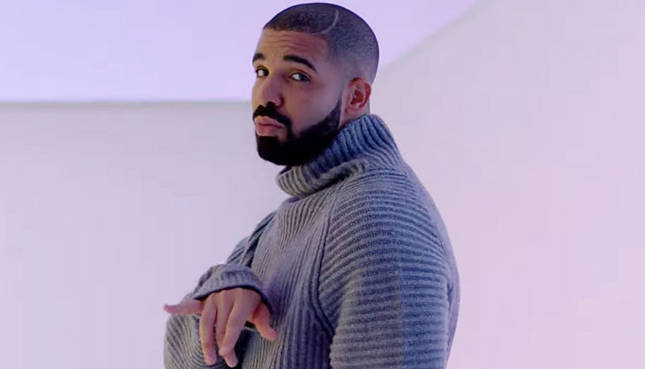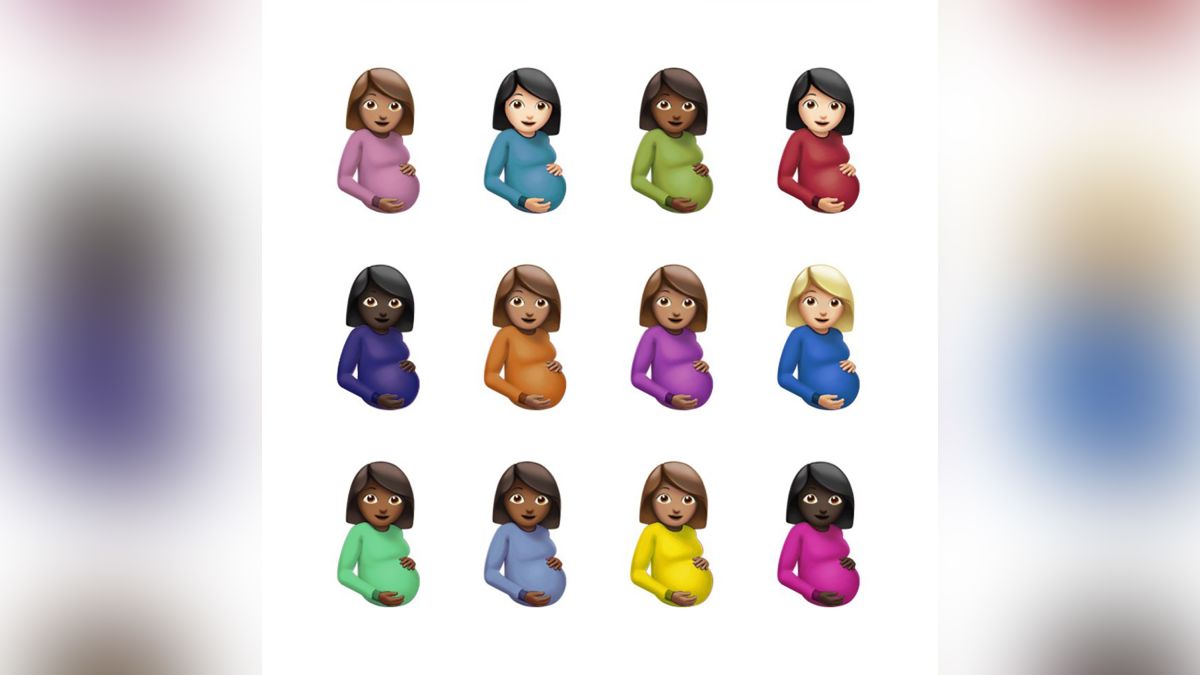music / Reviews
Drake – Certified Lover Boy Review
 Image Credit: Cash Money Records
Image Credit: Cash Money Records

Is this it? That was the nonchalant, expectation-averting question that The Strokes posed when their ultra-hyped debut finally arrived in 2001, but for Drake it has become a recurring shrug that greets each of his latter day releases. It matters little, as the Toronto rapper’s hit making credentials remain impeccable. Even if his albums decline in both quality and consistency, Drake retains an uncanny ability to top the charts and trace industry’s creative fault lines (keeping up with, if no longer dictating, the zeitgeist). Sadly, for all his nous when it comes to the three-minute singles, Drake’s albums have become bloated corpses designed to game chart algorithms with their needless 20-plus track, filler laden playlists.
Drake has certainly earned the benefit of doubt: between the release of So Far Gone and If You’re Reading This, It’s Too Late, Drizzy crafted an audacious empire that intertwined the thrills of hedonistic womanising with a series of woe-is-me reflections on the alien, paranoid, isolating sorrow that accompanies fame. His crafty, sad-but-triumphant rhymes set the stage for decade dominated by introspective and anxious young pop stars who were and are decidedly “over-fame”. So when Views meandered towards tedium it could be hand waved away: sure it was far too long, but this was Drake’s coronation as the King of Toronto and the world at large, of course it was self-indulgent, that was half the point. More Life? Don’t worry, that’s just a mixtape, he’s just throwing out ideas without a proper editor. How about plodding and repetitious Scorpion? Well, it’s really a double album showcasing the dichotomy at the heart of Drake’s sound: one half up-tempo and hard, the other darkly romantic and depressive. Fair enough, but Certified Lover Boy is where we draw the line. There is no reasonable justification for this half-hearted, largely disinterested, wildly unfocused and infuriatingly self-pitying dirge masquerading as carefully crafted LP. When 411 reviewed Views back in 2016, we posed a simple question: where had Drake’s prodigious “Energy” gone? In 2021, Certified Lover Boy confirms that Drizzy’s battery has been drained.
The album certainly starts compelling fashion. “Champagne Poetry” cheekily samples “Michelle” by The Beatles: a sly acknowledgement of Drake’s gargantuan stature. The bloody Beatles are singing for the benefit of his tortured subconscious as he snarls and spits his way through a list of grievances stemming from Pusha-T’s devastating “The Story Of Adidon” diss track. For a brief moment, Drake unleashes a dizzying blend of frustrations, boasts, snide putdowns and, more intriguingly, reconciliatory gestures towards his estranged family. Venomous and forgiving bars seamlessly intertwine. Sadly, rather than pointing towards a more focused vision of a rapper capable of marrying his contrasting impulses into single, deeply layered cuts, Certified Lover Boy grinds to bitter and thin-skinned halt. Drake will sleepwalk through slow-as-molasses beats, turning what should be interesting subject matter into superficial whines or gotten-to self-justifications. “TSU” should be an incisive take on the dangers of leaving a lover alone and a child fatherless, and there are flashes of thoughtful lyricism to be found on the track, but they are subsumed beneath a tsunami of unenthused bars (“you know you’re important and shit, you know I’m supporting and shit, we used to do pornos when I came over, but now you’ve got morals and shit”). The funny thing is, “TSU” is one of Certified Lover Boy’s best tracks, showcasing Drake’s ability to tackle weighty subject matter with an understated ease while slipping in a series of effortless melodies. The trouble is that even when Drake has a good idea, he cannot escape second gear – and if he shrugs his shoulders and limps through his best concepts, then his worst work hangs in the air like a putrid fart.
“Girls Want Girls” is a parody of a Drake single, so crass and self-indulgent it suggests that Drizzy has transitioned from the smooth master of seduction capable making girls in every city swoon, to the boorish dad, ominously stalking the bar, relying on his wealth to pull as women as they endure his leaden pick up lines. Still, it could be worse, “Pipe Down” captures Drake at his most thoughtless. “How much I got to spend for you to pipe down” is churlish cherry on top of spiteful cake that sees Drake demanding devotion while burying the hatchet with his ex. Drake presents himself as a saint offering nothing in the way of self-critique or introspection while moaning endlessly that his partner said too much, too little and the wrong thing simultaneously. His wordplay is tight, but his storytelling lacks depth and feels unbelievable given what we now know about his real life trysts. Decades after Drake legendarily declared “no new friends”, he’s still telling the same story on “No Friends In The Industry”, but thankfully his anger at Kanye West at least leads Drake to pick up his energy and intensity levels, even if we’ve heard a thousand and one variations of these rhymes before. The abysmal “Way 2 Sexy” offers a trap spin on Right Said Fred: a fabulously preposterous idea that should lead to an absolutely riot of a novelty banger. Unfortunately, only Young Thug remembers to inject a little charisma and daffiness into a track that Drake drains with his half-arsed, half-awake bars. The problem with an idea this garish is that, if the bars don’t deliver, a potentially fun throwaway single is transformed into a cringeworthy dud. Sadly, this theme continues across the LP with Drake being carried at best and outshone (if not outright obliterated) at worst by his A-list collaborators.
The real victim of Drake’s disinterest and score settling tedium is his own production team. Certified Lover Boy is full of really thoughtful, expectation subverting beats that, alongside a more dynamic lead performance, could have represented a genuine leap forward for understated rap production. “N 2 Deep” offers an intriguing juxtaposition between a scuzzy rock guitar and burbling synthetics, but this stately, shifting instrumental only gives Drake room to wallow as he runs through yet more played out lyrical ideas. Thankfully, “Knife Talk” is a brilliant blend of Memphis and Toronto that showcases what can be accomplished when Drake gets his arse in gear and embraces the dark mood of the arrangement – even if his rhymes are lazy (“checked the weather it’s getting real oppy outside“). “Race My Mind” is a slippery reminder of the influence Drizzy bore on The Weeknd (a welcome contrast to the dire and dated “Fuck Fans”), while “Fountains” demonstrates that Drake’s sleepy self-pity still sounds gorgeous when set against West African rhythms and Caribbean melodies. Thankfully, in the midst of the album’s damp squib of a finale, Drake summons one last burst on unbridled energy on the brilliant “You Only Live Twice”. Suddenly “Tuscan Leather” Drizzy is back. He’s cocksure, dominant and unapologetic in his mastery of the rap game, standing shoulder to shoulder with a buoyant Rick Ross and a tongue-twistingly brilliant Lil Wayne on a true Kingpin level cut.
“You Only Live Twice” is a reminder that at this point Drake needs to embrace his triumph. He should be riding so high that he can engage in soulful introspection that showcases true vulnerability, rather than Certified Lover Boy’s never-ending stream of self-justifying, self-pitying and thin-skinned moans. In his 20s, Drake’s paranoid demands of absolute loyalty while he lived the life of Riley felt novel and revealing – a glimpse into the emptiness at the heart of superstardom. In his 30s, Drake sounds like a man trapped on a psychological hamster wheel, incapable of evolving as he continues to party and self-pity. He’s still spurning lovers, yelling out “no new friends” and running from champagne room to champagne room with his woes: blameless in life, in relationships and in his artistry. Worse still, as Drake’s range of subject matter has shrunk, his albums have expanded seemingly endlessly, milking more and more material from a well that has long since run dry. The one subject that should have revitalized Drake’s lyricism, his son, proves a superficial addition. His fatherhood is stick with which to beat his enemies, window dressing used garner more sympathy without offering anything resembling unguarded insight into the rapper’s psyche. Sadly, on Certified Lover Boy the song remains the same, playing on loop (seemingly forever), with ever diminishing returns.










